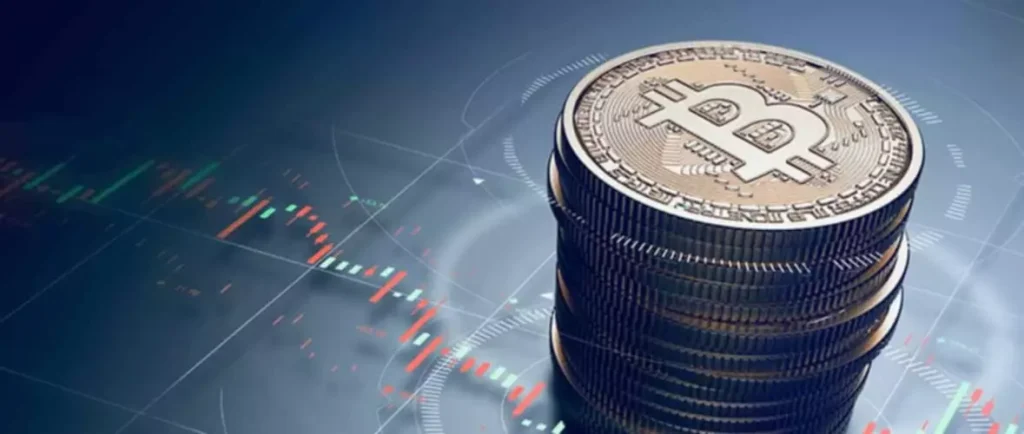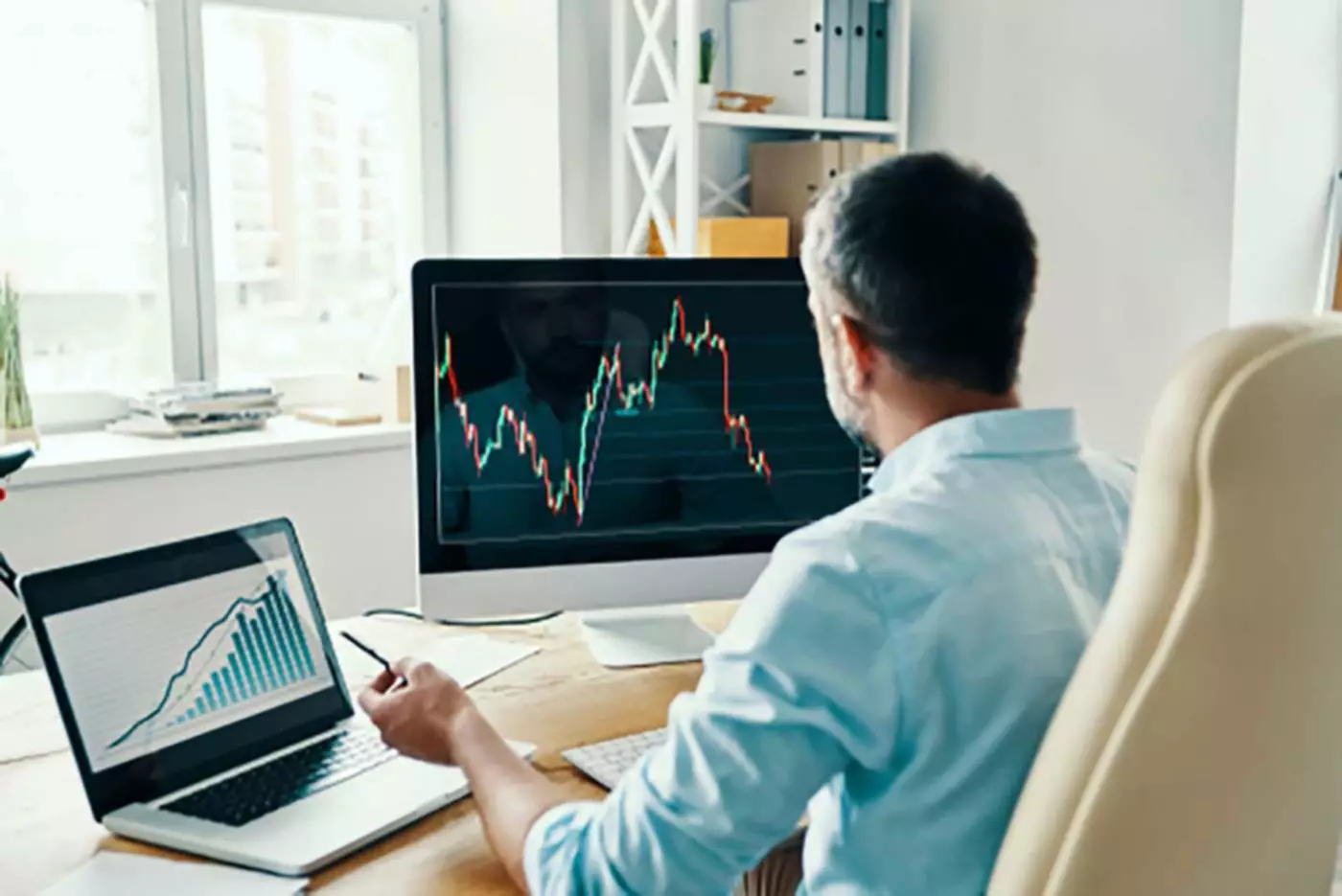Content
Despite all of these duties, the number of specialists declined over time, thanks to electronic trading. At one time, a specialist was the term used by the New York Stock Exchange to refer to a member of the exchange who acted as the market maker to facilitate the trading of a given stock. The NYSE now refers to these individuals as designated market makers . The spreads between the prices a retail trader sees in bid-ask quotes and the market price go to the market makers. MMs move fast and can buy and sell in bulk ahead of everyone else. In exchange for reliability and low spreads, market makers pay brokerages via payment for order flow – a payment that usually doesn’t exceed a fraction of a penny per share.
- Market makers are exchange member firms composed of individual dealers that commit firm capital to compete for order flow in particular stocks.
- When there is panic selling following a negative news announcement, for example, market makers are often the people buying as the crowd rushes to get out of the stock.
- In addition to being a buyer or seller of last resort, market makers also keep the spread between the bid and ask low.
- The market maker may then decide to impose a $0.05 spread and sell them at $100.05—this is the ask price.
- This keeps bid-ask spreads liquid but also at a fair price for traders and investors.
Should an investor wish to buy shares in Apple, for example, they would need to find someone who is willing to sell their shares. Given the current market, it is unlikely to find someone immediately. Well, that chiefly depends on the jurisdiction and exchange being discussed. A market maker has to comply with the regulatory framework of the country it is operating in (such as following SEC rules in the U.S.), as well as with the bylaws of the exchange it operates in. According to Glassdoor, a leading workplace data website, those who work as/for market makers make a median salary of around $109,766 per year.
Along with this, market makers can make use of stock purchases and trading options to profit from capital appreciation. To cap it all off, some market makers also operate as brokerages – but we will discuss this later. In other words, market makers create the liquidity necessary for efficient trading, which is performed by brokers on behalf of their clients, the investors.
Specialist vs. Saitori: Market-Making in New York and Tokyo
Unusual options activity occurs when trading volume in an options contract is high above its average. This type of activity is often due to institutional investors and it can be a signal that smart money thinks the price of a stock will move soon. Is the best way to avoid potential market maker induced shakeouts and impulse trades. Using a direct market access broker to control your order routing ensures that market makers won’t take the other side of your trades. ECNs are the bane of market makers and empower individual traders with market maker-like features like placing hidden and iceberg orders. Had the product launch been a hit, Apple shares could have continued rallying, leaving the market maker on the wrong side of the action.
A stopped order was an NYSE market order that was stopped from being executed by the specialist or DMM with the intent to improve its price later. The New York Stock Exchange, located in New York City, is the world’s largest equities-based exchange in terms of total market capitalization. The New York Stock Exchange began on May 17, 1792, https://xcritical.com/ when 24 New York City merchants and stockbrokers signed the Buttonwood Agreement outside of 68 Wall Street under a buttonwood tree. It only takes a few seconds for a position to go against them. That’s why so many rely on algorithms to stay ahead of the curve. Despite MMs’ best efforts, sometimes assets lose value in the blink of an eye.
Clearly Erroneous Execution
On an exchange, the member firm that is designated as the market maker . Member of a stock exchange who maintains a “fair and orderly market” in one or more securities. Only one specialist can be designated for a given stock, but dealers may be specialists for several stocks. In contrast, market maker crm there can be multiple market makers in the OTC market. Market makers are exchange member firms composed of individual dealers that commit firm capital to compete for order flow in particular stocks. They buy and sell securities for customer accounts and for their own firm accounts .
As a retail trader, you can’t swap trades with your trading buddies like that. But you can do your best to stay on top of the latest news as soon as it breaks. We talked to a former market maker on the SteadyTrade podcast.
However, the assertion that market makers trade only for their own account is completely extraneous to the point of the article. Goldman is alleged to have traded actively for its own account to make trading gains, not just to capture the spread — going short while actively promoting long positions in customer accounts. Market makers don’t match buyers and sellers, and only buy and sell for their own accounts. The settlement required the specialist firms to pay more than $240 million in penalties and disgorgement for their role in profiting from trading opportunities at the expense of their public customers. The specialist can also accept limit orders relayed by investors through brokers or electronic trading. The specialist must ensure that the order is transacted appropriately on behalf of others, using the same fiduciary care as the brokers themselves, once the price of the stock has reached the limit criteria.

Though all of our markets operate electronically using cutting edge, ultrafast technology, we believe nothing can take the place of human judgment and accountability. It’s this human connection that helps ensure our strength, creating orderly opens and closes, lower volatility, deeper liquidity and improved prices. For over 200 years, we’ve maintained a steadfast commitment to stronger, more orderly financial markets. And we intend to keep that tradition going for the next 200.
Institutional Market Makers
Changes in market structure resulting from improvements in technology have forced many traders into retirement or unemployment. In that respect, our industry is no different than other industries where machines have replaced humans. Unfortunately, we have been no more intelligent than other industries in dealing with the problem. The Exchange states that these rule changes are necessary to accommodate the new electronic market reality and better align the Specialist role in the new world. The Balance uses only high-quality sources, including peer-reviewed studies, to support the facts within our articles. Read our editorial process to learn more about how we fact-check and keep our content accurate, reliable, and trustworthy.

In the United States, the New York Stock Exchange and American Stock Exchange , among others, have designated market makers, formerly known as “specialists”, who act as the official market maker for a given security. The market makers provide a required amount of liquidity to the security’s market, and take the other side of trades when there are short-term buy-and-sell-side imbalances in customer orders. In return, the specialist is granted various informational and trade execution advantages. Some types of market makers are known as “specialists.” A specialist is a type of market maker who operates on certain exchanges, including the New York Stock Exchange.
Is There Any Corruption with Market Makers in the U.S. Stock Market? 👮♂️
The more volume in the market, the better the stock liquidity for traders. Market makers take their cut from differences in the bid-ask spread. This paper examines why we have marketmakers (specialists in stock markets, used-car dealers) in some markets and matchmakers (real-estate brokers, employment agencies) in others. This is in contrast to an earlier result that when the agents’ valuations are common knowledge marketmaking yields higher profits and greater welfare effects than matchmaking. By operating on a ‘trade on-demand’ basis, they aid in the liquidity of financial markets. This also allows for a seamless trading experience for investors and aids in keeping financial markets operating smoothly.
Companies or individuals may, however, choose to use the protocol, by providing liquidity to the protocol, typically in return for the prospect of making an ROI on the assets committed to the liquidity pools. The network operates on the principles, and according to the code, that is running on the network, similar to an AI. At one time, a handful of prominent specialist firms in New York employed the majority of the specialists on the floor of the NYSE. These firms wielded enormous influence on trading activities, causing some critics to question the amount of oversight these powerful firms received. Previously, individuals who acted as market makers on the New York Stock Exchange were called specialists. In New York, the need for market-making is explicitly recognized and a designated market-maker-the specialist-always stands ready and willing to make a trade.

Thus, the bid price may be advertised at $100 while the asking price could be $100.05. When an investor places a market order, they’re willing to pay a price similar to the current price for the stock. Because stock volumes are generally high, this allows market makers to make sure that orders are filled, but on the high-end of the price range. However, the general consensus is that market makers are a straightforward, well-regulated method of ensuring liquidity.
Exchange bylaws regulate market maker operations, and these are approved by the security regulator of a country. For example, the Securities and Exchange Commission in the US. Market makers are usually aware of dips in stock value before it is sold to a trader and after it has been bought. They undertake this risk while holding securities and are compensated for it. All reviews, research, news and assessments of any kind on The Tokenist are compiled using a strict editorial review process by our editorial team.
How Market Makers Make Money
When a market maker buys a stock, it will sell it for a higher price – and when it sells a stock, it buys it at a lower price. If we were to take this example a bit further, a stock brokerage would be someone you pay a little money to sell vegetables you own and buy others , in order to profit. Market makers maintain liquidity in the market, profiting from bid/ask spreads. Upon receipt of a MWCB message from the SIPs, NYSE Group exchanges will halt trading all equities and options. Trading in securities on an unlisted privileges basis will not resume on NYSE Group exchanges until the primary listing exchanges for those symbols have reopened and LULD Bands have been received. Below are answers to some of the most common questions investors have about market makers.
Get Started with a Stock Broker
Basically, ComputerShare allows investors to directly purchase stocks. This stands in contrast to the traditional route of going through a stock brokerage, where the brokerage itself holds the shares for the investor. Market makers hold assets, which comes with a certain degree of risk involved because before the assets are disposed of, the price of those assets can depreciate or appreciate in the meantime. In essence, market markers have to make up for any and all of those potential differences – and they do exactly that by charging a market maker’s spread. To put things into perspective, let’s use a hypothetical example to better illustrate how market makers work. Some of the largest market makers in the U.S. stock market include Citadel, Deutsche Bank Securities Inc, and Credit Suisse Securities LLC.
Nasdaq Market Maker vs. NYSE Specialist: An Overview
With respect to the legal meaning of the term “fiduciary,” the statement, “The very word “fiduciary’ implies, if not requires, a discretionary role for the broker/ adviser” is only half right. Discretion does create a fiduciary obligation, but it is certainly not the only circumstance in which fiduciary obligations arise. Putting the client’s best interests first is simply not the same as being a fiduciary. The plaintiff’s attorneys and media don’t want anyone looking at that too closely, so that they can sneak this new definition by us until no one in the business can defend themselves in our changing, volatile markets.
When retail traders place orders, they work to keep stocks liquid. Floor brokers are employees of member firms who execute trades on the exchange floor on behalf of the firm’s clients. As of 2017, there were 205 floor brokers among the 152 NYSE Member Firms on the NYSE.
Unofficial market makers are free to operate on order driven markets or, indeed, on the LSE. They do not have the obligation to always be making a two-way price, but they do not have the advantage that everyone must deal with them either. For example, a market maker may be willing to purchase your shares of XYZ from you for $100 each—this is the bid price. The market maker may then decide to impose a $0.05 spread and sell them at $100.05—this is the ask price. In times of volatility, the relatively stable demand of market makers keeps the buying-and-selling process moving. An exchange can have multiple market-makers, but I believe there is only one specialist.